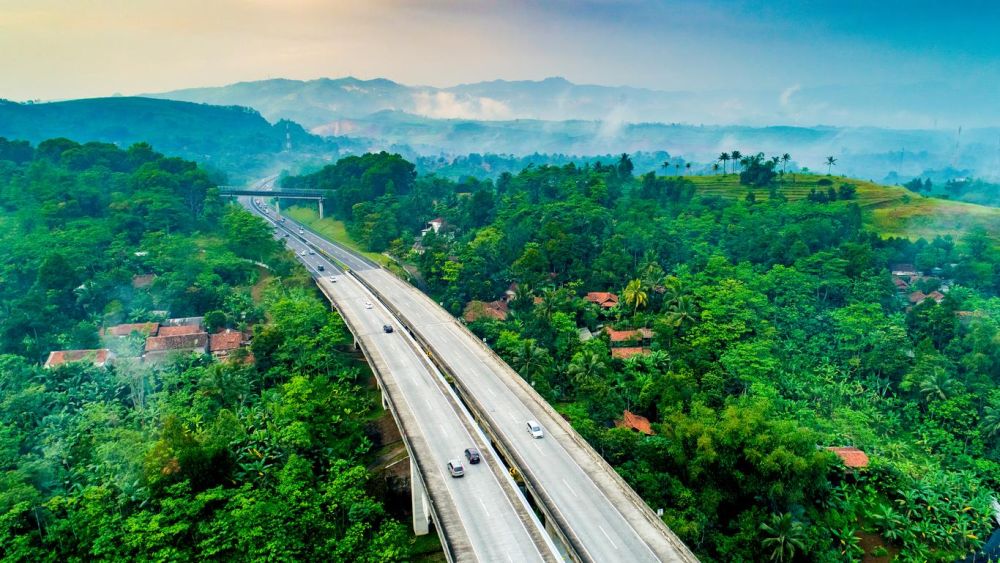

Tucked away in the Parahyangan highlands of West Java, Indonesia, the charming city of Bandung has long been a favored escape for travelers seeking a cooler climate and scenic beauty. Bandung is affectionately known as the "Paris of Java" due to its European ambiance and colonial architectural heritage.
Bandung’s history as a tourist destination dates back to the 17th century, but it was during the Dutch colonial period in the late 19th and early 20th centuries that it flourished. The Dutch, captivated by its cool climate, developed Bandung as a resort town. They built opulent villas, landscaped gardens, and a high street with European boutiques, emulating the sophistication of European cities.
After Indonesia gained independence in 1945, tourism in Bandung experienced a slow transformation. The city became more accessible to Indonesian tourists and started attracting visitors from other parts of Asia. Bandung adjusted to its new demographics with the introduction of local attractions, hotels, and shopping facilities catering to a broader audience.
In recent years, Bandung has evolved into a center for artistic creativity and innovation, attracting a younger, more vibrant crowd. With the rise of digital nomadism and eco-tourism, Bandung’s tourist profile has changed significantly; it now appeals to a global, Internet-savvy audience interested in sustainable travel experiences and cultural exchange.
The latest trend in Bandung tourism is a blend of cultural, historical, and natural attractions. The city offers a rich history, evident in its preserved colonial buildings and the Asia-Africa Conference Museum, which marks Bandung's role in the Non-Aligned Movement. Nature plays a crucial role with the volcanoes, tea plantations, and hot springs situated in surrounding areas, which are easily accessible for day trips.
Moreover, a focus on sustainable and responsible tourism has emerged, encouraged by both governmental initiatives and private stakeholders. Efforts include community-based tourism, the promotion of local arts and crafts, and measures to ensure the protection of Bandung's natural landscapes.
Looking ahead, Bandung is projected to continue as a thriving tourist hub with ongoing development aimed at improving infrastructure, expanding cultural festivals, and enhancing green spaces. The government and private sectors are taking steps to promote Bandung not just as a historical destination but as an innovative urban space ready for the future of tourism with smart city initiatives.
With its charming blend of history, culture, modernity, and nature, Bandung remains a unique and attractive tourist destination in Indonesia, continually adapting to the interests and needs of diverse travelers from around the world.